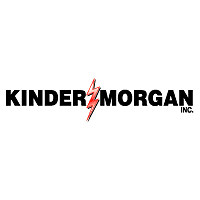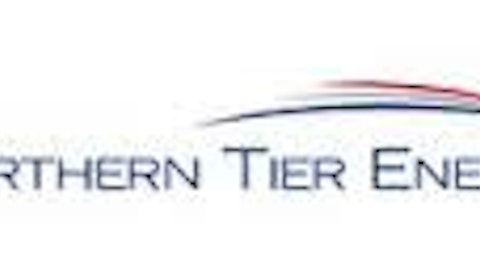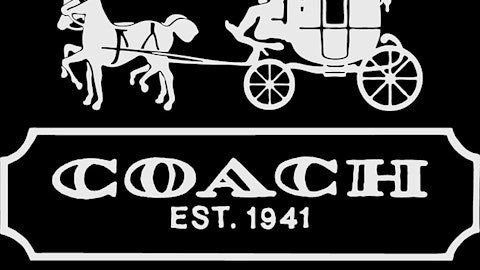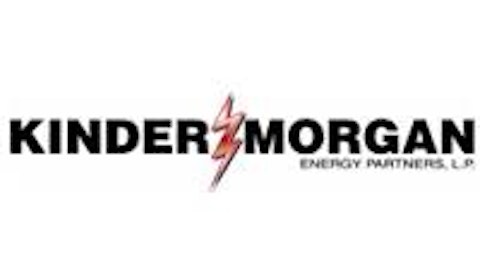Based on combined enterprise value, Kinder Morgan Inc (NYSE:KMI) is the third-largest energy company in North America. We tend to associate the giant with its 75,000 miles of pipelines, but in reality its operations are incredibly diverse. Over the next few days, I’ll take a closer look at each of the midstream company’s five distinct business units. I’ve already tackled the terminals segment and the natural gas pipelines segment, so today we’ll break down the partnership’s products pipelines business.

Kinder Morgan Inc (NYSE:KMI), with its master limited partnership Kinder Morgan Energy Partners LP (NYSE:KMP), operates an 8,000-mile network of refined products pipelines and 50 liquids terminals. It transports 2 million barrels a day, making it the largest independent transporter of refined petroleum products in the U.S.
Products include the usual suspects — gasoline, diesel, and jet fuel — but also natural gas liquids and biofuels. That diversity plays a crucial role come earnings time, and we’ll get to that in a minute. Unlike the partnership’s natural gas pipeline system, which is largely concentrated in Texas, its refined products network is smaller, with assets in California, the northeast, and Canada.
Across the country, demand for refined products such as gasoline has dropped over the past few years. Kinder Morgan Inc (NYSE:KMI) wasn’t immune from the effects of that. Segment volumes dropped 1.5% in 2012, led by a 5% drop in diesel volumes. And yet, fourth-quarter earnings were up year over year because NGL volumes and biofuels volumes both increased by about 22%.
Kinder Morgan Inc (NYSE:KMI) was the first company to transport ethanol via pipeline for commercial use, way back in 2008. It started moving biodiesel in 2009 and never looked back. The segment has been on a tear ever since, and earned $176 million in Q4, a 9% jump over 2011’s earnings.
Kinder Morgan Inc (NYSE:KMI) anticipates growth in the refined products segment in 2013, despite expectations for relatively flat demand for petroleum products:

Source: Company presentation.
The target for the year is to achieve $791 million in earnings, translating to $741 million in distributable cash flow, which would be close to a $90 million increase over last year’s results. At the same time, Kinder Morgan hopes for a minimal increase in sustaining capital expenditures. The partnership spent $47.8 million in 2012 and is looking to keep capex under $50.1 million in 2013.
Let’s take a look at how Kinder Morgan plans to achieve that growth .
A look ahead
A big part of Kinder Morgan Inc (NYSE:KMI)’s growth will come from its biofuels segment. The partnership expects to increase biofuels volumes handled from 34.4 million in 2012 to 41.8 million in 2013. A few recent developments will help that dream come true, beginning with increased biodiesel blending at four locations between California and Arizona. As far as transportation goes, Kinder Morgan has acquired a transload terminal in South Carolina, and has put an ethanol unit train receipt facility on line in Tampa, Fla. The regulatory environment remains strong for biofuels, and the partnership expects revenue to grow to $100 million next year.





